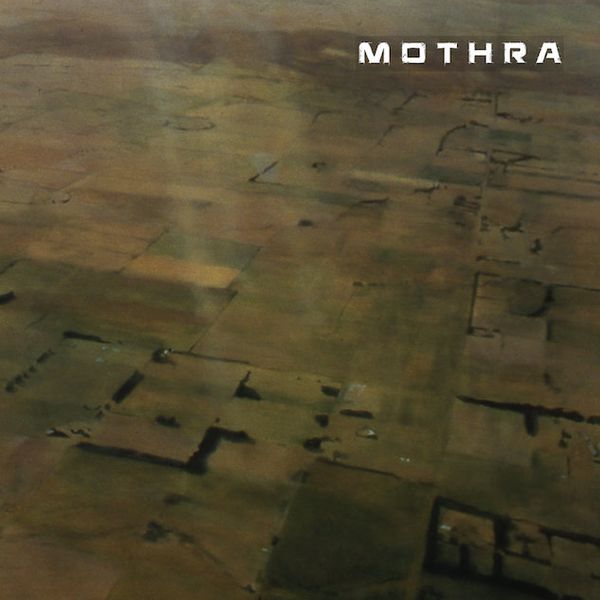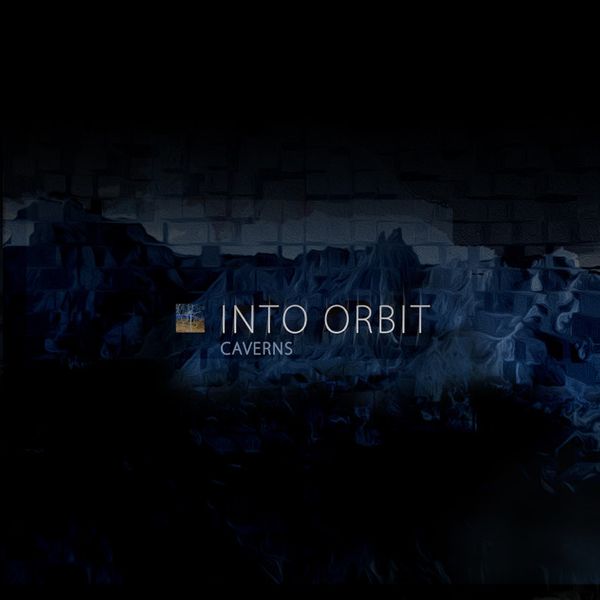Best of 2011—Progressive Rock
Best Progressive Rock 2011
I love heavy metal unreservedly, unapologetically and, probably to a fair degree, unwisely. But I’m also an avowed prog-head. I worship progressive music in all its guises—retro, contemporary, electronic, neo, fusion, space rock, experimental, symphonic, heavy or soft. I don’t care how it’s served, I’ve always got room for another slice.
I listen to just as much progressive rock, Krautrock, and ’70s proto-electronica as I do metal, yet I never seem to find the time to write about it. Perhaps that’s for the best. Nobody needs to read my circumlocutory, over-enthusiastic odes to prog, and there’s something insular and secretive about prog anyway—like most prog geeks I’m loath to share my discoveries.
I’ve had a strange relationship with prog this year. I found myself reinvestigating the past more than concentrating on the present, so I’ve no doubt missed a wealth of excellent releases in 2011. That said, my list encapsulates the many faces of prog in 2011, and each album, in its own way, had me in raptures this year.
![]() 10.Symphony X—Iconoclast (Nuclear Blast)
10.Symphony X—Iconoclast (Nuclear Blast)
Iconoclast is the heaviest album Symphony X have ever released, and if they continue shedding their more overt symphonic elements like this it won’t be long before they’re ineligible for prog lists altogether. This time round they’ve kept the epic tunes, and all the howling vocals and background keys, but the riffs have an infinitely more aggressive thrust; less of the ornate, more of the gothic overload. This is some steely stuff, and I for one am welcoming the band’s decision to head into darker realms.
 9.Wobbler—Rites at Dawn (Termo)
9.Wobbler—Rites at Dawn (Termo)
Sometimes there’s nothing quite like a feast of neo-prog to ease your weary brow, and Wobbler’s Rites at Dawn might just be the most relaxing prog album I’ve heard all year. With a gentle, fluctuating ’70s symphonic spirit, the band shift perfectly from one twanging hook to the next, all the while overlaying the songs with harmonious, honeyed vocals. Thoroughly retrogressive, and I’m guessing they’d be immensely proud of that fact, Wobbler’s elaborate suites could have easily been recorded decades ago.
 8.Junius — Reports From the Threshold of Death (Prosthetic)
8.Junius — Reports From the Threshold of Death (Prosthetic)
Are Junius a progressive band? Good question, and the answer to that one is yes, of course. They’ve certainly got all the characteristics down pat with a hugely animated sound that runs the gauntlet from icy synth-wave through to epically inclined alt-rock. And while they may be leaning a little on the trad-rock post sometimes, there’s a definite a sense of dynamic expressionism to be found here. *Reports From the Threshold of Death *is an album I would normally have skipped, but that’s the beauty of Junius, they’re just too good to ignore.
 7.Voyager —The Meaning of I (Sensory)
7.Voyager —The Meaning of I (Sensory)
Voyager’s *The Meaning of I *was a great surprise in 2011 and set me off on a journey that’s been getting more rewarding with each and every listen. This Australian band don’t hold back on throwing everything into the pot, but somehow it all coalesces just fine. With nice thick riffs, rapid changing intonations and a spiralling cosmic undercurrent, they aren’t afraid to twist and tweak their sound, making them a unique voice in an increasingly crowded proggy universe.
 6.Giant Squid—Cenotes (Translation Loss)
6.Giant Squid—Cenotes (Translation Loss)
Giant Squid’s latest album, Cenotes, is overflowing with mucky guitars and a myriad of orchestrations. Eastern timbres, dual male/female vocals, distorting riffs and constantly evolving modulations keep things consistently intriguing. Shifting from doom-laden crawls to psychedelic freak-outs, frequently within the same song, Giant Squid’s unconventionality would be staggeringly audacious if not for the fact that they succeed with every single act of musical madness.
 5.Arch/Matheos—Sympathetic Resonance (Metal Blade)
5.Arch/Matheos—Sympathetic Resonance (Metal Blade)
Sympathetic Resonance might only contain six new tracks, but every one of them is superb. The entire album is heavy as an anvil and filled with stunning moments of guitar athletics, with Arch’s vocals complementing the elaborate musical landscape perfectly. Sympathetic Resonance is an outstanding success on every level.
 4.Steven Wilson—Grace for Drowning (Kscope)
4.Steven Wilson—Grace for Drowning (Kscope)
Steven Wilson is one of the most celebrated visionaries in progressive rock, and Grace for Drowningshows that his wealth of talent isn’t diminished one iota by the numerous projects he’s involved in. Definitely more experimental and a lot grimmer than his previous solo disc *Insurgentes, Grace For Drowning *ramps up the eccentricity to stratospheric heights. Exploring a wildly differing array of sounds and genres, from ’70s prog to stark electronica, indie rock and beyond, Wilson illustrates once again his abundant, and seemingly never-ending, genius.
 3.Opeth—Heritage (Roadrunner)
3.Opeth—Heritage (Roadrunner)
Heritage, Opeth’s tenth studio offering, found the Swedish band discarding all their melodic death metal elements. As it’s not clear where the band are heading to next, Heritage might stand out as an eccentric anomaly in their catalogue, but that doesn’t diminish the quality of the album one bit. Heritage is fantastic, a significant release and a real treat for prog-heads. Full to the brim with convoluted ’70s instrumentation, jazzy interludes, folksy beard-stroking moments and the occasional hard-rockin’ flourish, it’s a bold move, but one well worth investigating.
 2.Haken—Visions (Sensory)
2.Haken—Visions (Sensory)
Haken’s debut, Aquarius, was a stylish release that mixed abundant technical proficiency with a captivating narrative. Visions is even better. It’s darker and heavier, and the band’s songwriting is as immaculate as ever, never overly technical when a softer pause is called for, nor afraid to burst into rapturous symphonic flourishes at the drop of a hat. Breathtaking in scope, and showing a confidence and flair in synthesizing an array of influences, this album shows that Haken have found the perfect balance between prowess and emotionality.
 1.Ulver—Wars Of Roses (Kscope)
1.Ulver—Wars Of Roses (Kscope)
Ulver’s albums have always been innovative; even at their blackest they were cutting trails for others to follow. *War of Roses *once again illustrates how creatively inspired these Norwegians are. With shimmering, ethereal soundscapes of minimalist and avant-garde electronica, along with flashes of alt-rock, Ulver are the very definition of progressive. Conjuring infinitely rewarding passages of richly textured ambience and poetic, perceptive vocals, Ulver remain one of the most consistently satisfying bands around.



